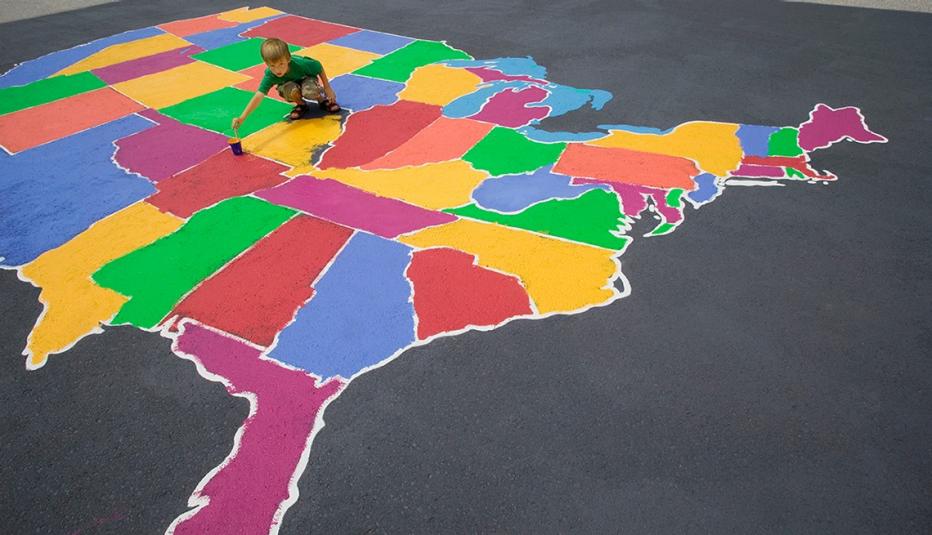AARP Hearing Center
For adults who are at least 35 years old, managing transitions in life can be both challenging and inspiring. While these adults have obligations and worries, they also have hopes and dreams. This report presents findings from a survey of adults ages 35-plus that was designed to explore their fantasies and fears. The following are key findings from the report:
Fantasies:
- A third find spending time with friends or family gets them most excited about the day (33%).
- If money were not a factor, most would volunteer or donate to a cause (69%) and travel the world (58%).
- Among those who are working full time and want to retire some day, most would like to travel (85%), pursue a passion (76%), and volunteer (69%) in retirement.
- Half who are working would do a different kind of job if they could (49%). The most popular types of ideal jobs for those who would switch are doing something that helps or teaches others (30%) and doing something creative or artistic (25%).
Fears:
- Half are kept up at night by financial concerns (49%) and nearly as many by concerns about physical health challenges (42%). About a fifth worry about relationship issues (22%) and have worries about work (20%).
- A third feel their health will be the most important challenge they face in the next five years (34%). This is higher than the proportion who feel their most important challenge will be related to their children (13%), their work (10%) (re)discovering their purpose (9%), their home (9%), or their romantic relationships (8%).
- Over half dread having health problems (62%), losing someone they love (59%), and having less money (55%) in the next five to ten years.
Managing Transitions:
- When faced with a difficult situation, nearly 4 in 10 are most likely to make a plan (38%) while roughly a quarter are most likely to connect with others (26%). Fewer are most likely to withdraw from others (16%) or indulge themselves (8%).
- Major barriers to navigating transitions in life include having enough money (49%) and feeling overwhelmed (31%). About a fifth also cite not knowing where to begin (23%), finding helpful resources (21%), not having support from family and/or friends (21%),and not wanting to think about it (20%).
This random-digit-dial telephone survey of n=1,026 adults at least 35 years old was fielded by Alan Newman Research, Inc. from May 17-24, 2016. The sample, comprised of approximately 70% landline and 30% cell phones, was weighted to be representative of the U.S. population ages 35-plus. For more information contact Colette Thayer at CThayer@aarp.org.




































































